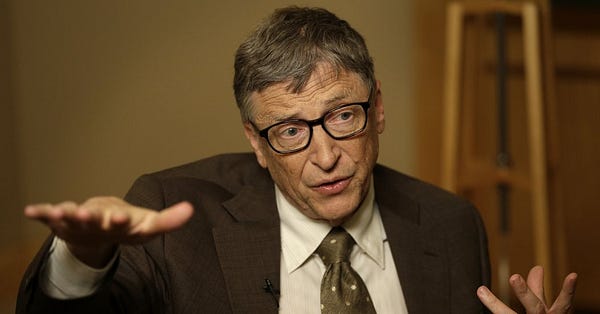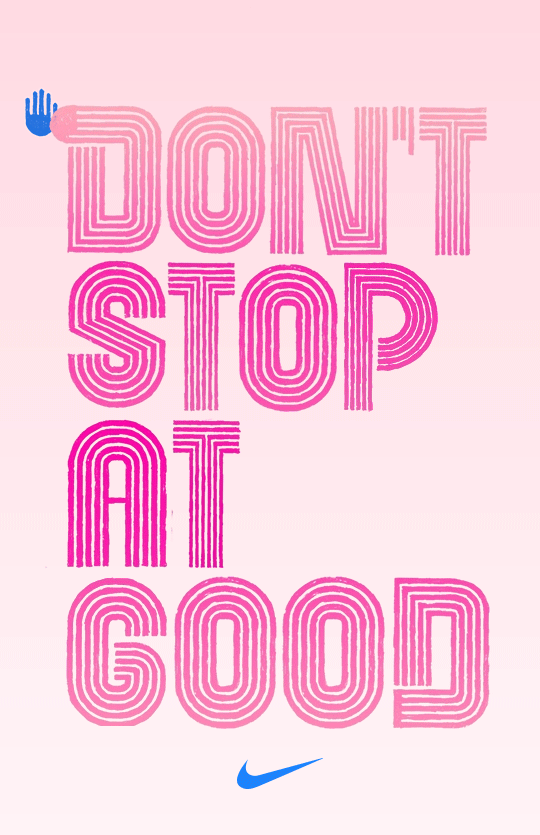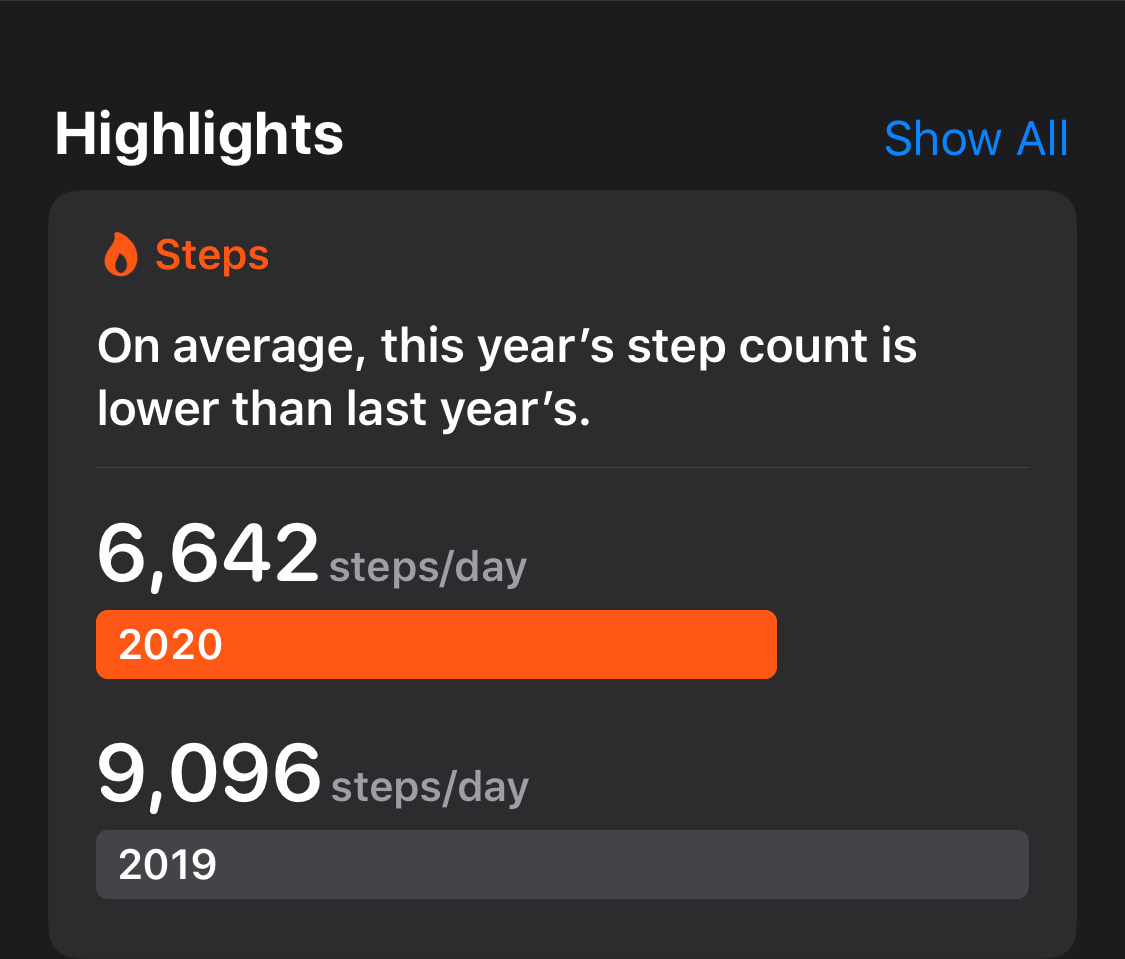Welcome to new Tippets subscribers who joined this week! I’m 4 subscribers short of my goal of 500 by the end of June. If you’re reading this, not yet subscribed, and looking to receiving Tippets alongside the other similarly curious, intelligent people who’ve already subscribed, click below! 😄
In 2015 I tweeted the following about Bill Gates:


I think the same will be true for LeBron James. The man entered the NBA with more hype and expectation than anyone before him. He delivered and then some, rightly attaining the status of single-name celebrities like Beyonce, Bono, and Madonna thanks to the dedication to his craft. However, unlike many others, his skills extend far beyond his seemingly God-given athletic talent. He has opened a school in Akron, OH. He has a budding movie career. And now he has built the foundation for a behemoth media company.

In a Bloomberg article published this week, LeBron outlined the future of SpringHill Co., his new parent company, excerpted below (I recommend reading the whole thing).
They describe it as a media company with an unapologetic agenda: a maker and distributor of all kinds of content that will give a voice to creators and consumers who’ve been pandered to, ignored, or underserved.
It’s part Disney storytelling power, part Nike coolness, and part Patagonia social impact. In 2020 stories can be told in many different ways—on social media, in films, as well as with sneakers and sweatshirts.
He signed a TV production deal with Walt Disney Co. and is working with Netflix on a basketball-themed movie that would star Adam Sandler. A series he worked on with Netflix, Self-Made, about Madam C.J. Walker, a Black woman who created a beauty empire in the early 20th century, starring Octavia Spencer, premiered in March.
Devin Johnson, SpringHill’s chief operating officer, says that diversity is built into the company. He says its employees are 64% people of color and 40% female. “I’ve never had to convene a task force,” he says, as other companies scramble to figure out how they can be more reflective of society.
But Johnson says the company isn’t set up for—and around—a single athlete; rather, it’s a platform in his image: “You can’t create a real digital business on a celebrity. We don’t do that with LeBron. He is our founder and our North Star, but the business isn’t built on everything touching him.”
From the outside looking in, a lot of thought has clearly gone to this, as with most things Team LeBron. I don’t know enough to know how much of what is being done is first of its kind or unique. However, I must tip my hat to the man who has proven his prowess and intelligence both on and off the court. For someone who has been in the public eye for the majority of his life, his every move scrutinized, his every tweet dissected, he has surpassed all expectations and seems to be just getting started. He is without question, “more than an athlete”.


Nike plans up to 200 small-format stores, despite 38% revenue drop
A few weeks when discussing Starbucks closing stores, focusing instead on pick up locations and curbside experiences ago I wrote:
COVID-19 is a trend accelerator, driving society towards the future like Paul Walker on NOS. Changes that would normally have taken years have happened in a matter of months, from delivery of everything to the streaming of everything.
This is as true for coffee as it is sneakers. Like Starbucks, Nike is a market leader intently focused on the future. This week, despite revenues declining by 38% with a 180% decline in profit, the business is very much looking forward. The house of Swoosh wants to own the consumer experience end to end. They are planning on opening between 150 and 200 “small-format” stores that use local community data to inform which products to carry. They are also spending more time building a ‘premium shopping experience’ which means dropping their partnership with Amazon. Originally the company expected its digital sales to reach 30% of revenue in 2023. They almost hit 30% this quarter, which led to the company massively expanding its digital fulfillment capability. They ultimately expect digital transactions to be 50% of their total sales. Just Do It indeed.

To be Human in a Pandemic
We are now over 100 days into a global pandemic. This article by Sarah Noll Wilson nicely articulated some of the tension and stress friends, colleagues, and I have been discussing over the last week or two. In the first few weeks of the pandemic, there was a collective sense of disorientation. Shared confusion, chaos, and fear. Now, 15 weeks later, the early conversations of managing through COVID together have fallen away, replaced by more ‘normal’ conversation as we all try and cope with the unfortunate realities of the uncertainty that casts a pall upon us all. However, we are still far from what anyone would consider ‘normal’.
To live in a pandemic means to live with the constant hum of a threat. Somedays the hum might be so quiet it will lull you into thinking things are “normal” and other moments it will roar back reminding you that while you might be done with it, it isn’t done with us.
To live in a pandemic means to have fewer moments of auto pilot where our brain can properly rest while we still go about our day.
To live in a pandemic means we are having to face uncertainty every single day. Will I be able to get bread/meat/eggs this week? When will I be able to see my family again? How do I keep them safe Will I be able to support my team? Is this sniffle just allergies or something more? Should I wear a mask? Why don’t they wear a mask?
These questions are happening so fast and sometimes unconsciously that we don’t even realize our brain exploring the world of “what ifs” and like an app that is running on our phone, it slowly drains our batteries without us realizing. Then suddenly we find ourselves laying awake at 2 AM wondering why we can’t sleep or remember what day it was.
Be kind to yourself. Be considerate of others. While we persist in this strange state we are not in the ballpark of normal.
Why Walking Helps Us Think
COVID-19 and the resulting shelter-in-place has taken my already relatively sedentary lifestyle to the next level. The number of easy excuses, additional stress, and reduced willpower have turned me into a certifiable sloth. This article proved to be a great example of why that’s an unquestionably bad thing.
What is it about walking, in particular, that makes it so amenable to thinking and writing? The answer begins with changes to our chemistry. When we go for a walk, the heart pumps faster, circulating more blood and oxygen not just to the muscles but to all the organs—including the brain. Many experiments have shown that after or during exercise, even very mild exertion, people perform better on tests of memory and attention. Walking on a regular basis also promotes new connections between brain cells, staves off the usual withering of brain tissue that comes with age, increases the volume of the hippocampus (a brain region crucial for memory), and elevates levels of molecules that both stimulate the growth of new neurons and transmit messages between them.
Walking at our own pace creates an unadulterated feedback loop between the rhythm of our bodies and our mental state that we cannot experience as easily when we’re jogging at the gym, steering a car, biking, or during any other kind of locomotion. When we stroll, the pace of our feet naturally vacillates with our moods and the cadence of our inner speech; at the same time, we can actively change the pace of our thoughts by deliberately walking more briskly or by slowing down.
Because we don’t have to devote much conscious effort to the act of walking, our attention is free to wander—to overlay the world before us with a parade of images from the mind’s theatre.
Perhaps the most profound relationship between walking, thinking, and writing reveals itself at the end of a stroll, back at the desk. There, it becomes apparent that writing and walking are extremely similar feats, equal parts physical and mental.
Time to turn the below around…get up and get some steps in!

Quote I’m thinking about: “Time is a river, a violent current of events, glimpsed once and already carried past us, and another follows and is gone.” - Marcus Aurelius
If you have feedback on anything mentioned above, or have interesting links/papers/books that you think would be interesting to share in future issues of Tippets, reach out! Click the feedback link below or DM me on Twitter at @taps.




Did you see the Backstory of The Decision on ESPN? Very interesting behind the scenes look.